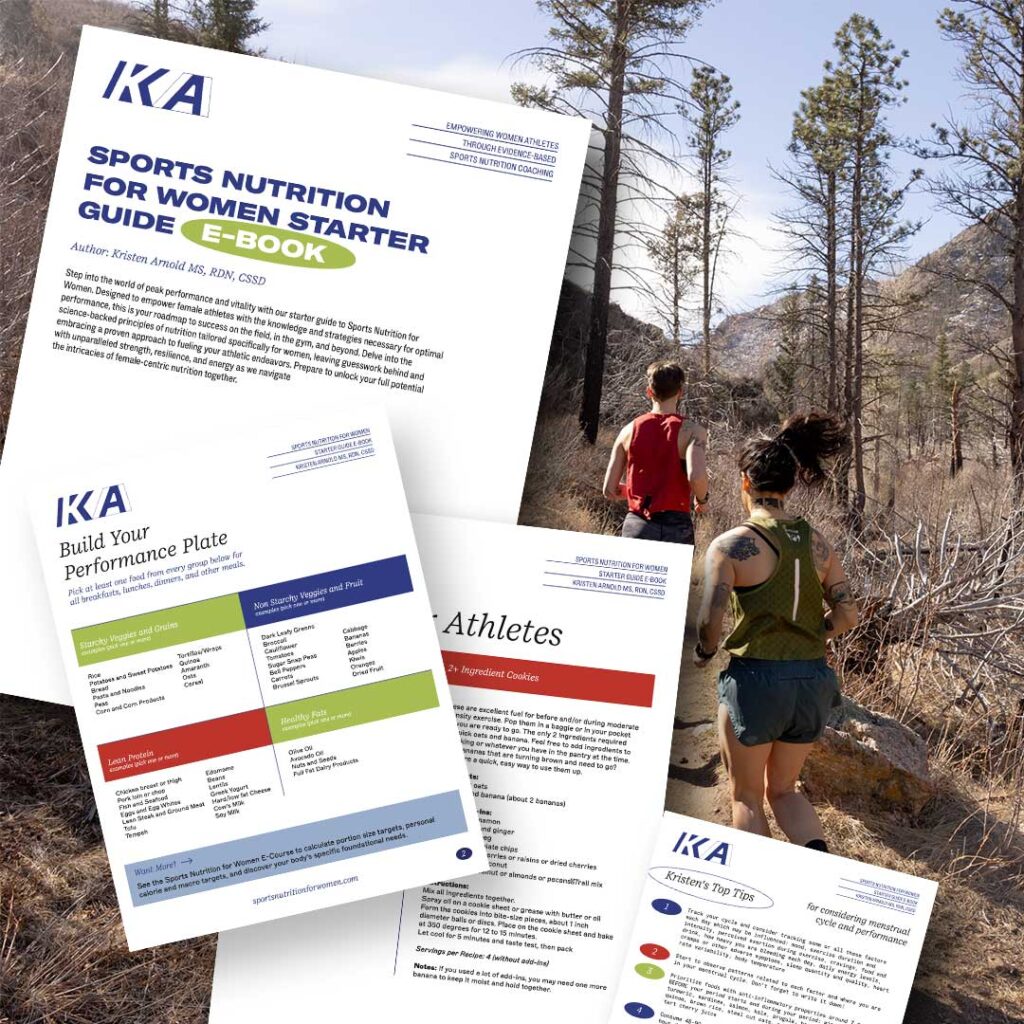Registered Dietitians have extensive training, experience, and standards to keep up with in order to obtain and maintain their credential while a Nutritionist does not need to have any formal education or training (although many do).
RD/RDNs are nutritionists, while not all nutritionists are RDs/RDNs.
What is a Registered Dietitian?
A Registered Dietitian (same as a Registered Dietitian Nutritionist) must complete an accredited Undergraduate degree in Dietetics, a Master’s degree related to the field of dietetics, a one year internship/residency where they work in a variety of settings practicing dietetics under supervision, pass the Registration Examination for Dietitians, and keep up with Continuing Education Units (CEUs) to obtain and maintain the RD/RDN credential. This is all under the Commission on Dietetics Registration (CDR) and Academy of Nutrition and Dietetics (AND). The Undergraduate degree includes standardized coursework across all programs in the USA and includes extensive biochemical sciences, nutrition sciences, medical nutrition therapy, behavior change and counseling coursework and more. The internship includes working in a variety of settings including clinical inpatient, outpatient, long term care, community nutrition, foodservice, and more. The National Registration Exam is a comprehensive 3 hour exam covering all areas of dietetics. The Master’s Degree requirement is new as of January 1, 2024 and can be in a variety of areas as long as it relates to the practice of nutrition and dietetics.
What is a Nutritionist?
Anyone can call themselves a nutritionist. It is important to know what other certifications and expertise a nutritionist has in order to know how qualified they are. While there is no accreditation or requirement for nutritionists, some nutritionists have extensive qualifications. For example, a nutritionist may have completed an undergraduate or graduate degree(s) in nutrition, and have worked in a variety of settings as a nutrition professional, but not gone through the accreditation process of becoming an RD/RDN. Nutritionists may also have other qualifications that help them to become better practitioners such as Health Coaching certifications, coursework like the Precision Nutrition course, or supplemental certifications such as Certified Strength and Conditioning Specialist. That being said, there are many people who call themselves nutritionists without any qualifications or understanding of what their scope of practice is.
Why should some athletes work with a Registered Dietitian?
RD/RDNs will have more comprehensive training and expertise when it comes to addressing health/medical-related challenges, prescribing specific foods and nutrients for health and performance, and working through medical-related information such as lab testing, bloodwork, medications, and diagnoses.
RD/RDNs also have the opportunity to obtain the Certified Specialist in Sports Dietetics (CSSD) credential. The CSSD requires 2000 practice hours in sports dietetics and taking the Sports Dietetics Exam, which is a 3 hours comprehensive exam covering all areas of sports dietetics.
Typically professional sports teams and collegiate programs will exclusively hire RD/RDNs and usually require the CSSD.
Are you working through:
- a health issue in addition to striving to perform in your sport (medical diagnoses, abnormal labs)?
- specific medical symptoms or issues that need to be addressed (severe gut distress, RED-S etc)?
- eating/drinking in context of having a history of a diagnosed eating disorder?
- labwork from your doctor or private company and wanting guidance in context of these results?
Why should some athletes work with a Nutritionist?
Our nutritionists at Kristen Arnold and Team have extensive qualifications, despite not having the RD/RDN credential. Anna Hicks, for example, has a Bachelor’s of Science in Nutrition and has the Precision Nutrition Level 1 certification. These qualifications provide her with the evidence-based knowledge as well as tools to be an effective sports nutrition coach. She also is a lifelong and now professional athlete, lives with diagnosed Celiac Disease (a nutrition-related diagnosis), and is passionate about helping others thrive in their sport through nutrition. While nutritionists may not have the expertise to work through more complex athlete profiles, they are able to provide valuable support and guidance for many athletes to perform and thrive better than they ever have before.
Are you:
- otherwise healthy and wanting to improve your eating habits around training, competition, and daily life?
- feeling like you generally know how to eat but aren’t necessarily practicing what you know to be productive for your health and performance goals?
If you’re thinking about working with us, but not sure if you should work with a Nutritionist or Registered Dietitian, Schedule a FREE Discovery Call with us today to discuss services.
